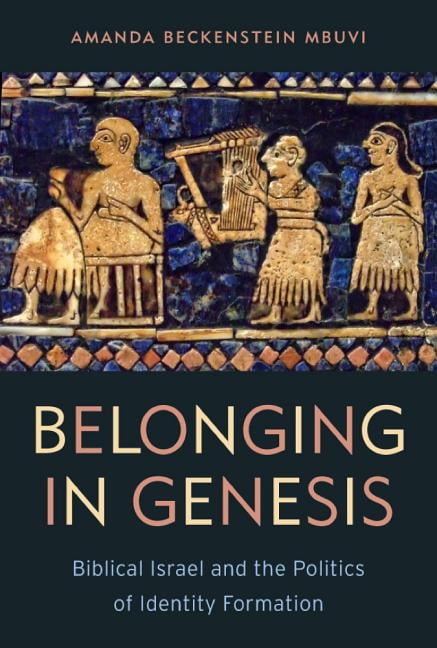

A series of short editorial essays provide theoretical clarity to issues of representation, resistance, agency, recognition and marginality. It considers the existing conceptual and historical parameters of Tribal studies, as a means of addressing new approaches to histories of de-colonization and patterns of identity-formation that have become visible since national independence.Ĭontributors address a number of important concerns, including the meaning of Indigenous studies in the context of globalised academic and political imaginaries, and the possibilities and pitfalls of constructions of indigeneity as both a foundational and a relational concept.

This book responds to the growing need for an inter-disciplinary re-assessment of Tribal studies in postcolonial India and defines a new agenda for Adivasi studies.

Since the 1990s, the Indigenous movement worldwide has become increasingly relevant to research in India, re-shaping the terms of engagement with Adivasi (Indigenous/tribal) peoples and their pasts.


 0 kommentar(er)
0 kommentar(er)
